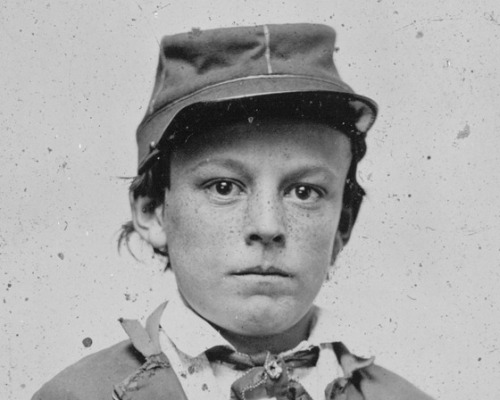by Kathy Cannon Wiechman
In Jack Gantos’ Newbery-winning novel,
DEAD END IN NORVELT, a character says, “…most people think history has to be
about a big event like a catastrophe or a moment of divine creation, but every
soul is a book of their own history… Sadly, we don’t know the history of every
person who ever lived…”
This sentiment is why I write
historical fiction, and why I write the kind of historical fiction I write.
Millions of real people have lived on
this earth in ways that were barely noticed. Some would have stayed unnoticed
if their skeletons had not been unearthed thousands of years later and studied.
Paleontologists and archeologists can tell us about long gone people by their
remains and artifacts they left behind.
The more recent past has been recorded
and handed down to us. We read about famous inventors and their inventions. We
learn about generals, kings, and presidents, artists and writers, and even
outlaws and criminals.
But what about “average” people? People
who struggled through their everyday lives, fighting their own personal
battles, living their own dramas, but not “making history” by their actions.



We might have heard stories passed down
by our parents and grandparents. We can pass those stories on to our own
children and grandchildren, stories that get a little less firm in our memories
as time fades them. And what about those who don’t have progeny to tell their
stories to? Are their stories lost forever?
I research the way people lived in the
last two hundred or so years. I listen to stories handed down by families,
including my own. I create fictional characters, whose lives are a mixture of
many real-life people, people whose stories haven’t been recorded in history
books. I write fictional stories that COULD HAVE happened to people. It is my
way of trying to make their lives live on, to have meaning for a new generation
of readers.

I'm with you Kathy--all the way. History that could have happened. A great definition of historical fiction!
ReplyDeleteThanks, Carol. I love historical fiction, both as a reader and as a writer.
DeleteLove it. I write historical too, but the key for me is to capture the attitudes and mentalities that are so different than ours. Getting into the heads of past people really helps you see the human condition has always been the same.
ReplyDeleteIt's true. So different, yet so similar.
DeleteThat's rather sad when you think about it - no one remembering you even lived. Nice way to remember them with your writing.
ReplyDeleteThanks, Alex. It is sad that unless you did something great or something heinous, you will likely be forgotten before long.
Delete